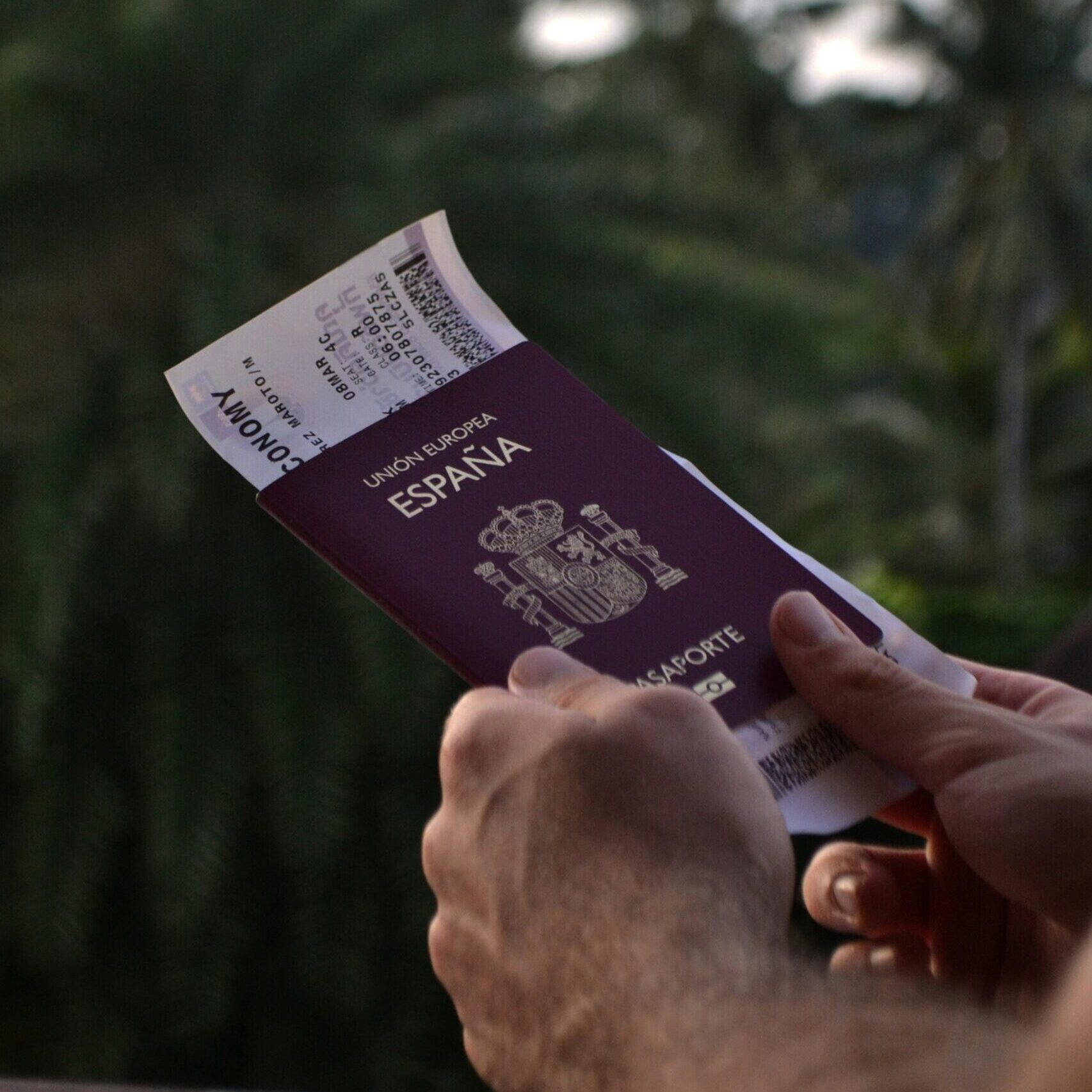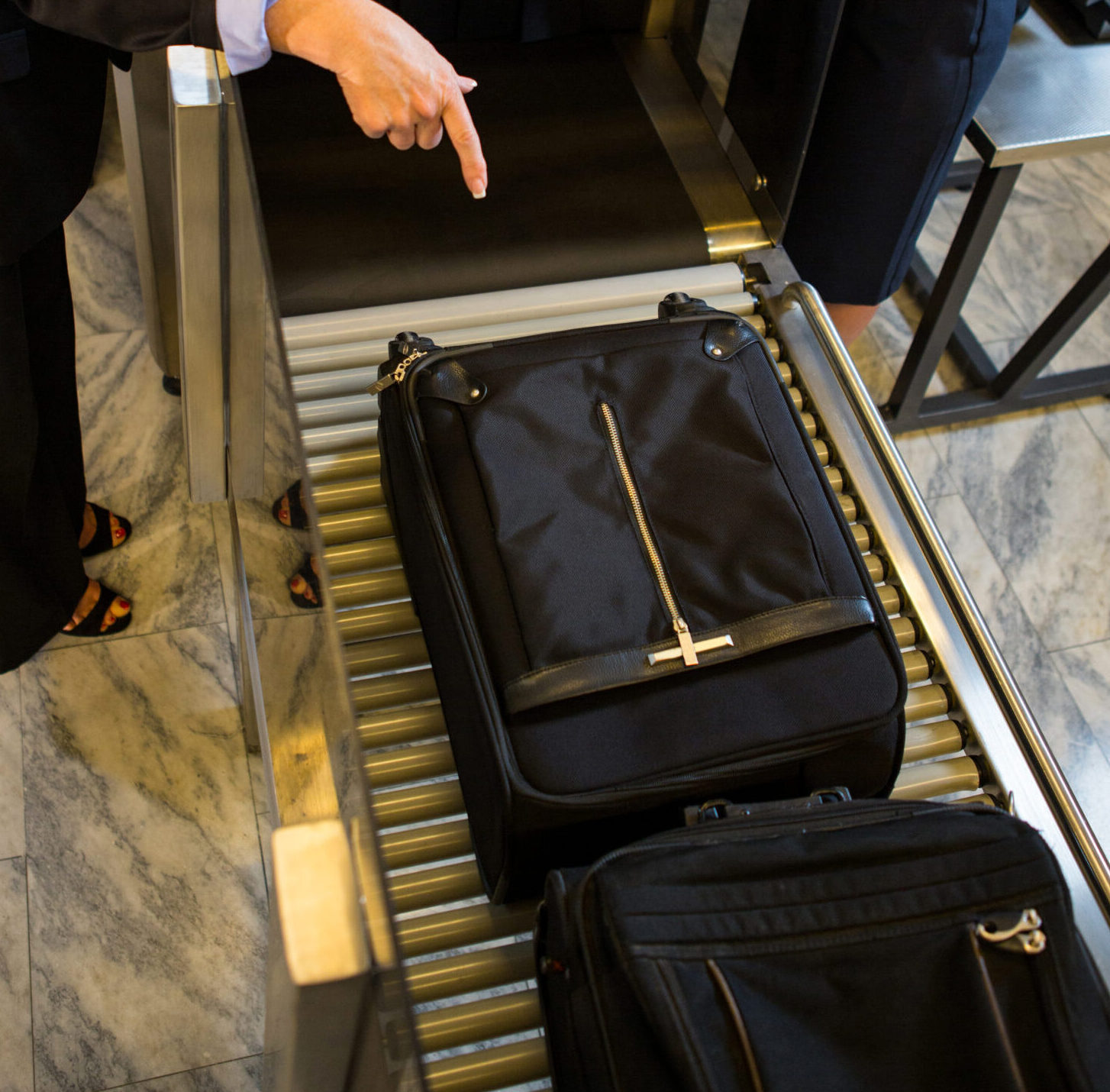/* Form layout */
.tourmaster-form-field {
display: flex;
flex-wrap: wrap;
gap: 12px;
padding: 20px;
background: #f9f9f9;
border-radius: 12px;
position: relative;
}
/* Each field takes about a third */
.tourmaster-tour-search-field {
flex: 1 1 30%;
min-width: 200px;
}
/* Input styling */
.tourmaster-tour-search-field input,
.tourmaster-tour-search-field select {
width: 100%;
padding: 10px 12px;
border-radius: 8px;
border: 1px solid #ccc;
font-size: 15px;
background: #fff;
}
/* Submit button */
.tourmaster-tour-search-submit {
background-color: #ff6600;
color: white;
border: none;
padding: 12px 20px;
border-radius: 8px;
font-size: 16px;
cursor: pointer;
}
/* Advanced fields (hidden by default) */
.tourmaster-form-field .advanced-field {
display: none;
}


